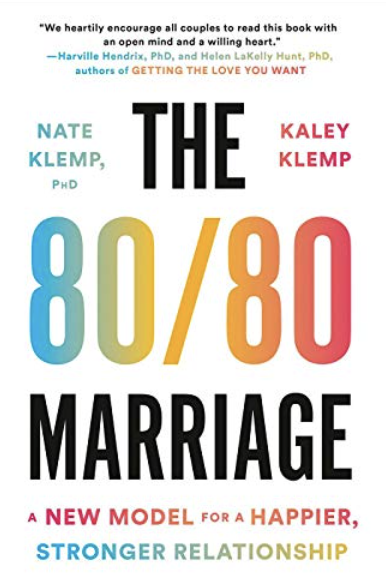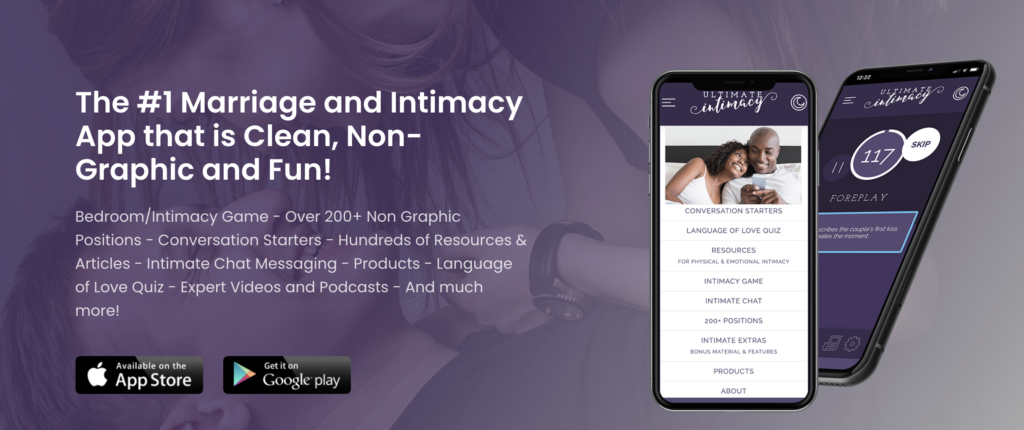It’s 6pm on Friday night. It’s been a long week. You sit at the table for family dinner. You’re ready to leave work and the chaos of the week behind — to relax and, finally, connect with your family.
But, somehow, your mind didn’t get the memo. No, the voice in your head sounds more like a heavily-caffeinated line manager, barking out orders like, “You forgot to send that email, didn’t you?” “When are you going to book the reservations for the summer trip?” or “I wonder if I should sneak away to the bathroom so I can reply to those two text messages that just landed?”
Psychologists of marriage call this ethereal form of work “mental load.” It’s a term that brings to light the constant psychological labor that goes into planning, worrying, and obsessing over all the tasks of everyday life.
We think there’s a better term for this modern experience. We call it “mental overload syndrome.” The problem, after all, isn’t just that we’re carrying a ‘mental load.’ The problem is that our mental load has become something more like a dozen elephants balanced on the flatbed of a small pick up truck. It’s not just loading us down. It’s overloading the capacity of our mind.
Consider what you carry around in your mind. It starts with everyday logistics. Then there’s the burden of work or career. There’s raising safe, happy, and engaged children. There’s eating right, exercising, and taking the right supplements. And then there’s the load of social media, news, TV, podcasts, and all the other sources of seemingly essential information.
Our brains weren’t designed for this. We’re wired to survive the simple life of hunting and gathering on the savannah. And yet here we are, overloading this prehistoric hard drive of the mind with a constant onslaught of information, tasks, to-dos, and logistical worries.
The result? Mental overload. Each morning, we awaken to a mental hurricane that leaves in its wake a trail of stress, anxiety, irritation, muscle tension, and unease.
So how can we cure this modern epidemic of mental overload syndrome?

Tools
1. Put down the phone!
The smartphone is a modern marvel. You might even be reading this newsletter on one — right now. It has improved our lives in countless ways. And yet, it’s also an addiction, offering a constant source of distraction and escape through novelty seeking.
That’s why curing mental overload starts with carving out phone free time for yourself and for connection with your partner.
Kick your phones out of the bedroom. Go on a walk with your partner and leave your phones behind. Lock them in a box during dinner if you have to. Do whatever you need to do to create pockets of space, away from your device.
2. Prioritize your day.
Mental overload cannibalizes our priorities. In this state, we let the incoming emails, texts, and phone calls of others effectively run our life. Meanwhile, our priorities disappear into the fog of the incoming demands of the world around us. We’re left feeling overwhelmed and overloaded. Why? Because everyone else’s priorities seem to run our life.
Setting your top three priorities each day is the antidote. All you have to do is write down the three most important things you need to do each day: “Today, my top three priorities are to: write that proposal, make that call, and research our upcoming trip.”
It sounds easy. But then life happens. You get distracted by your kid’s morning meltdown, breaking news on TV, or the urgent text from a family member.
Priorities help you cut through all this inevitable chaos of life. They give you a refuge from mental overload, bringing you back to what’s most important and meaningful to you.
3. Curate your information.
They say that “you are what you eat.” But you could also say that, “you are the information you consume.” If you spend day and night bouncing from Instagram to TikTok to fear-inducing news stories to podcasts to Netflix binging, your mind will begin to reflect this chaotic and scattered state. What’s worse, the more information-binging becomes a habit, the more you begin to crave the small hits of dopamine that follow in its wake. In short, you can become addicted to behaviors that amplify mental overload.
The way out of this downward spiral is to curate the information you consume. To do this, take a step back and ask yourself, “Is this blog/podcast/show/newsfeed a priority to me? Or is it more like pouring gasoline onto the fire of mental overload?”
This first step of identifying the external causes of mental overload is relatively easy. The next step, making the in-the-moment decision not to consume this information – that’s hard, really hard. It takes courage. It takes awareness. And it takes discipline, at least at the beginning.
The reward, however, makes this effort worth your while. Imagine waking up to a calm and curious mind instead of the usual swirl of thoughts. Imagine limiting the geography of your mind to your most important work, your family, your partner, and the immediate surroundings of your life.
That’s the experience of life and marriage beyond metal overload.
Nate and Kaley Klemp are authors of the new book The 80/80 Marriage: A New Model for a Happier, Stronger Marriage, a New York Times Editors’ Choice selection. To download their free PDF guide to Epic Date Night, tap here. This article was reposted and used with permission from the 80/80 Marriage.” Also check out their great book “The 80/80 Marriage” and free relationship guides HERE.

For more great articles, resources and amazing games to spice up your marriage, check out the Ultimate Intimacy App! It’s free to download and so much fun!!


